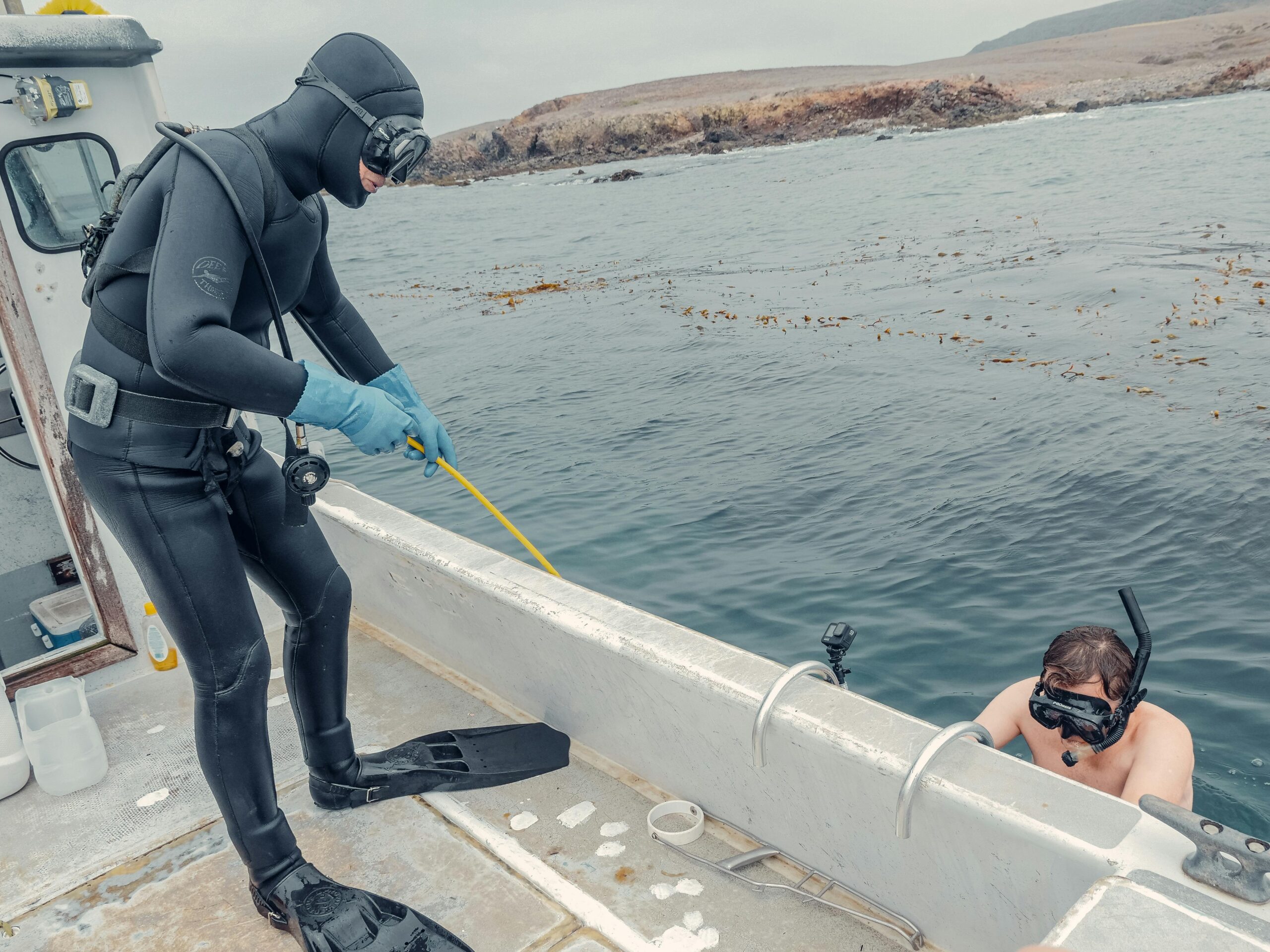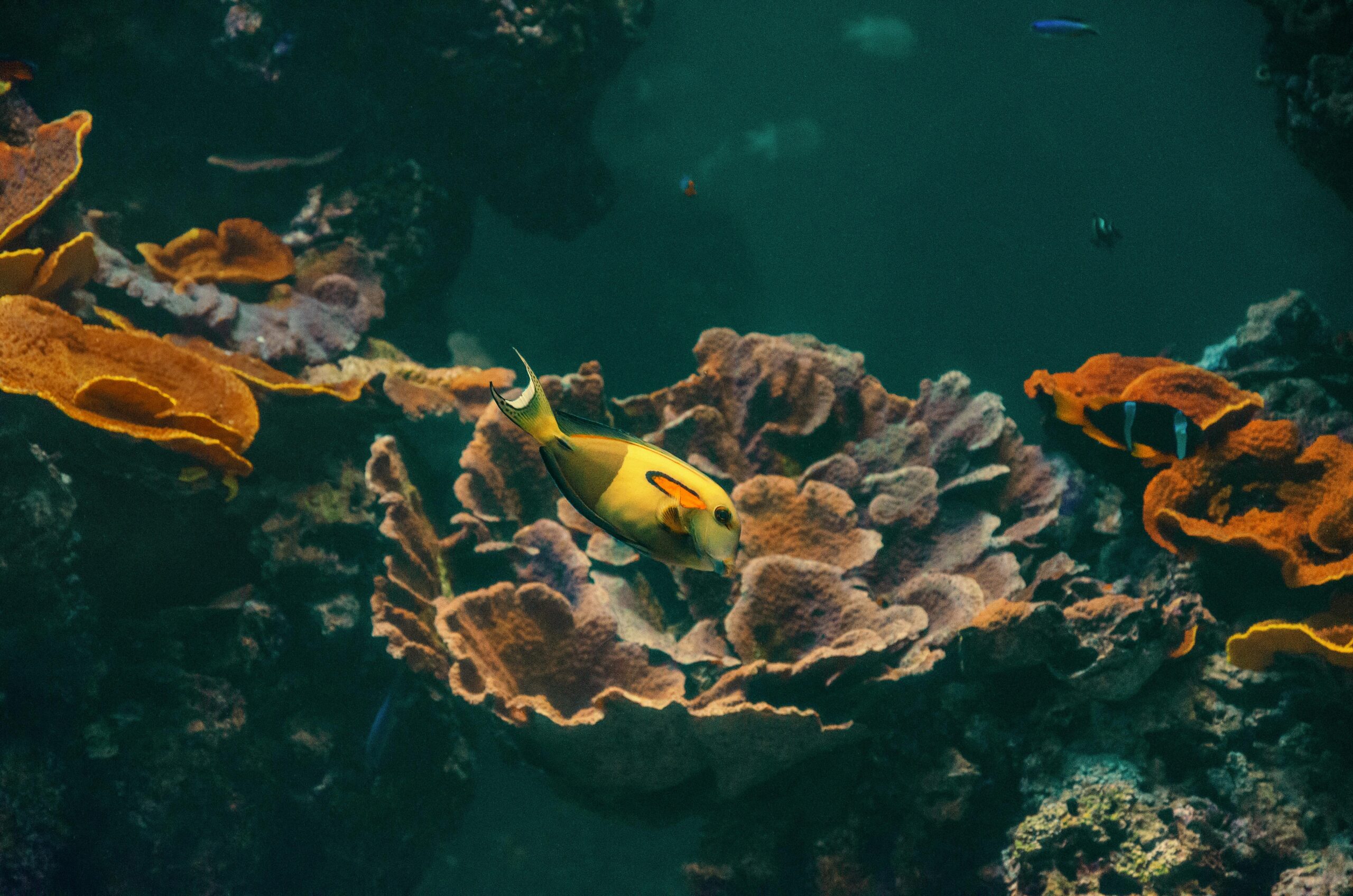Climate change is transforming our oceans at an unprecedented pace, and fisheries climate impact studies are now critical tools for understanding and adapting to these changes.
🌊 The Rising Tide of Climate Research in Marine Fisheries
The world’s oceans are experiencing dramatic shifts as global temperatures rise, ocean chemistry changes, and weather patterns become increasingly unpredictable. For the billions of people who depend on fish as a primary protein source and the millions whose livelihoods are tied to fishing industries, these changes represent both immediate challenges and long-term existential threats. Fisheries climate impact studies have emerged as essential research efforts that bridge marine science, economics, policy-making, and conservation biology.
These comprehensive studies examine how warming waters, ocean acidification, shifting currents, and extreme weather events affect fish populations, distribution patterns, breeding cycles, and entire marine ecosystems. The insights gained from this research are reshaping fisheries management strategies worldwide and influencing international climate policy discussions.
What makes these studies particularly valuable is their multidisciplinary approach. Researchers combine oceanographic data, satellite imagery, fish population surveys, climate modeling, and socioeconomic analysis to create comprehensive pictures of how climate change cascades through marine food webs and ultimately impacts human communities.
Understanding the Science Behind Ocean Temperature Shifts 🌡️
Ocean warming represents one of the most significant climate impacts on fisheries. The world’s oceans have absorbed approximately 90% of the excess heat trapped by greenhouse gases, leading to measurable temperature increases at various depths. These temperature changes directly affect fish physiology, behavior, and habitat suitability.
Cold-water species like cod, pollock, and certain crab varieties are particularly vulnerable. As waters warm, these species migrate toward the poles or into deeper waters seeking their preferred temperature ranges. This phenomenon, known as poleward migration, has been documented across numerous fish stocks worldwide.
Recent fisheries climate impact studies have revealed migration rates that exceed previous predictions. Some commercially important species are shifting their ranges at rates of 50 to 70 kilometers per decade. This movement creates complex management challenges as fish populations cross political boundaries and move beyond established fishing zones.
The Metabolic Consequences of Warming Waters
Beyond habitat shifts, temperature increases affect fish metabolism, growth rates, and reproductive success. Warmer water typically increases metabolic demands, requiring fish to consume more food to maintain body condition. However, climate change simultaneously disrupts the marine food web, potentially reducing prey availability precisely when fish need more nutrition.
Studies have documented declining body sizes in multiple fish species as oceans warm. This phenomenon, sometimes called “shrinking fish syndrome,” results from the combination of increased metabolic rates and oxygen limitations in warmer water. Smaller fish produce fewer eggs, potentially reducing population resilience and affecting fishery yields.
Ocean Acidification: The Silent Threat to Marine Life 🐚
While ocean warming captures headlines, acidification represents an equally serious challenge for marine ecosystems. The oceans absorb approximately one-quarter of human-produced carbon dioxide emissions, which reacts with seawater to form carbonic acid. This process has lowered ocean pH by approximately 0.1 units since pre-industrial times—a 26% increase in acidity.
Fisheries climate impact studies focusing on acidification have revealed alarming effects on shellfish and other calcifying organisms. Species like oysters, clams, mussels, and certain crabs struggle to build and maintain their shells in more acidic conditions. This directly threatens shellfish aquaculture industries worth billions of dollars globally.
The impacts extend far beyond shellfish. Many fish species depend on calcifying organisms at various life stages. Pteropods, tiny swimming snails that form the base of many marine food webs, are particularly vulnerable to acidification. Their decline could trigger cascading effects throughout ocean ecosystems.
Synergistic Effects: When Multiple Stressors Combine
Research increasingly shows that ocean warming and acidification don’t act independently. Instead, they create synergistic effects that amplify overall impacts. Fish experiencing metabolic stress from warm water may be less equipped to handle acidification’s physiological challenges. These combined stressors can reduce growth rates, impair sensory functions, and decrease survival rates more dramatically than either factor alone.
Shifting Distribution Patterns and Fishery Management Challenges 🗺️
One of the most significant practical implications of fisheries climate impact studies involves the geographic redistribution of fish stocks. As species move in response to changing ocean conditions, they often cross management boundaries that were established based on historical distribution patterns.
This movement creates jurisdictional conflicts and management complications. A fish stock that was previously found entirely within one nation’s exclusive economic zone might now span multiple countries’ waters or move into international territory. Traditional fishing communities may find target species disappearing from local waters while unfamiliar species arrive.
Consider the case of mackerel in the North Atlantic. Warming waters have pushed this commercially valuable species northward and westward, leading to disputes between Iceland, the European Union, and Norway over fishing quotas and access rights. Similar conflicts are emerging worldwide as climate change redraws the map of ocean resources.
Adaptive Management Frameworks for a Changing Ocean
Forward-thinking fisheries climate impact studies are now informing the development of adaptive management frameworks. These approaches acknowledge uncertainty and build flexibility into management systems, allowing regulations to adjust as conditions change and new information emerges.
Key components of climate-adaptive fisheries management include:
- Dynamic reference points that account for changing productivity levels
- Spatial management that adjusts fishing zones based on current species distributions
- Ecosystem-based approaches that consider predator-prey relationships and habitat changes
- International cooperation frameworks for managing shared or straddling stocks
- Diversification strategies to reduce dependence on climate-vulnerable species
- Enhanced monitoring systems providing real-time data on ocean conditions and fish populations
Economic Implications: The True Cost of Climate Change 💰
Fisheries climate impact studies increasingly incorporate economic analysis to quantify the financial consequences of changing ocean conditions. The global fishing industry generates approximately $400 billion annually and supports employment for roughly 260 million people when including processing, distribution, and related sectors.
Climate-driven changes threaten these economic foundations. Declining fish stocks reduce catch volumes and fishing community incomes. Species shifts require expensive vessel modifications and retraining. Coastal communities built around specific fisheries face economic disruption when target species disappear.
Research has projected potential losses in the tens of billions of dollars annually if current climate trends continue without significant adaptation. However, these studies also identify opportunities. Some regions may experience increased productivity or the arrival of commercially valuable species from warming waters.
The Socioeconomic Dimension: Communities at Risk
Beyond aggregate economic statistics, fisheries climate impact studies examine effects on specific communities and populations. Small-scale fishing communities in developing nations face particular vulnerability, often lacking resources for adaptation while depending heavily on fishing for food security and livelihoods.
Island nations and coastal communities throughout the tropics confront especially severe challenges. Many tropical and subtropical fish species already live near their thermal tolerance limits, leaving little room for adaptation as waters warm. Coral reef degradation—accelerated by warming and acidification—threatens the reef fish species that sustain millions of people.
Technological Innovations Driving Research Forward 🛰️
Modern fisheries climate impact studies leverage increasingly sophisticated technologies to collect and analyze data. Satellite remote sensing provides comprehensive ocean temperature, current, and productivity data. Autonomous underwater vehicles and ocean gliders collect measurements from previously inaccessible depths and regions.
Genetic techniques now allow researchers to detect population changes and adaptation processes at the molecular level. Environmental DNA sampling can identify species presence from water samples, revolutionizing marine biodiversity monitoring. Climate models have become more accurate and higher resolution, enabling better predictions of future conditions.
Machine learning and artificial intelligence are transforming how researchers process vast datasets, identifying patterns and relationships that would be impossible to detect manually. These computational tools enable integration of diverse data sources—from oceanographic measurements to fishing vessel reports to market prices—creating holistic understanding of climate impacts.
Conservation Strategies for a Warming Ocean 🐟
Fisheries climate impact studies don’t just document problems—they inform solutions. Research is guiding the development of conservation strategies designed to enhance ecosystem resilience in the face of climate change.
Marine protected areas (MPAs) are being redesigned with climate considerations in mind. Traditional MPAs were often established based on current species distributions and habitat locations. Climate-smart protected areas account for shifting distributions and include corridors allowing species to migrate as conditions change.
Habitat restoration efforts increasingly prioritize climate resilience. Restoring coastal wetlands, mangroves, and seagrass beds not only provides fish habitat but also sequesters carbon and buffers coastal communities against storms and sea-level rise. These “blue carbon” ecosystems offer multiple benefits that traditional conservation approaches may overlook.
Building Resilience Through Biodiversity
Research consistently shows that biodiversity enhances ecosystem resilience. Marine ecosystems with greater species diversity and more complex food webs better withstand climate stressors and recover more quickly from disturbances. This finding supports ecosystem-based fisheries management that maintains biodiversity rather than maximizing yields of single target species.
Policy Implications and International Cooperation 🤝
Fisheries climate impact studies are increasingly influencing policy discussions at national and international levels. The evidence these studies provide demonstrates that climate change is not a future problem but a current crisis requiring immediate action.
International bodies like the United Nations Food and Agriculture Organization have incorporated climate adaptation into fisheries guidance. Regional fisheries management organizations are updating their frameworks to address transboundary stock movements and changing productivity patterns.
However, translating scientific findings into effective policy remains challenging. Political considerations, economic pressures, and competing interests often slow or complicate policy implementation. Some fishing industries resist changes to traditional practices, even when research clearly indicates those practices are no longer sustainable under altered conditions.
Looking Ahead: The Future of Fisheries in a Changed Ocean 🔮
As fisheries climate impact studies continue evolving, they paint an increasingly detailed picture of potential futures for our oceans. Projections vary depending on emissions scenarios and the extent of climate mitigation efforts, but all indicate substantial changes ahead.
Under high emissions scenarios, studies project significant declines in global fishery productivity, particularly in tropical regions. Cold-water species may find refuge in polar waters, though these regions present their own challenges. Aquaculture may become increasingly important for food security, though it faces its own climate vulnerabilities.
More optimistic scenarios, aligned with aggressive emissions reductions, show potential for ocean ecosystems to stabilize and partially recover. However, even under best-case scenarios, significant adaptation will be necessary. The oceans of 2050 and beyond will differ substantially from those we’ve known historically.

Empowering Action Through Knowledge 📚
The ultimate value of fisheries climate impact studies lies in their ability to inform effective action. Knowledge alone doesn’t solve problems, but ignorance guarantees failure. These research efforts provide the information policymakers, fishery managers, fishing communities, and consumers need to make informed decisions.
For fishing communities, study findings can guide diversification strategies and adaptation planning. For consumers, this research highlights the importance of sustainable seafood choices and the connections between our dietary decisions and ocean health. For policymakers, these studies provide the evidence base for climate action and fisheries reform.
The science is clear: our oceans are changing rapidly, and those changes profoundly affect fisheries and the communities that depend on them. Fisheries climate impact studies give us the tools to understand these transformations and chart a course toward sustainable, resilient ocean futures. The question is not whether we have the knowledge to act, but whether we have the will to implement the solutions that research reveals.
As we move forward, continued investment in fisheries climate research remains essential. Monitoring programs must be maintained and expanded. Interdisciplinary collaboration should be strengthened. And critically, the findings of these studies must be translated into concrete policies and management practices that protect both ocean ecosystems and human communities.
The future of our oceans—and the hundreds of millions of people who depend on them—hangs in the balance. Fisheries climate impact studies are lighting the way forward, revealing both the challenges we face and the opportunities for positive change. By reeling in these facts and acting on the evidence, we can work toward a future where healthy, productive oceans continue supporting life on Earth for generations to come.
Toni Santos is a transpersonal psychology researcher and consciousness writer exploring how inner transformation, archetypal integration, and mindful relationships shape the evolution of the human spirit. Through his studies on shadow work, emotional alchemy, and self-realization, Toni examines how awareness becomes the bridge between psychology and spirituality in the path of awakening. Passionate about the convergence of inner science and contemplative practice, Toni focuses on how ancient wisdom and modern psychology can coexist to support healing, purpose, and expanded consciousness. His work highlights the balance between introspection, integration, and collective evolution — revealing that awakening is both personal and universal. Blending depth psychology, mythology, and consciousness studies, Toni writes about the symbolic patterns and inner journeys that define the human experience. His reflections invite readers to approach spirituality not as escape, but as embodiment — a living dialogue between the self, the shadow, and the sacred. His work is a tribute to: The transformative power of self-awareness and inner healing The union of psychology, spirituality, and archetypal wisdom The path of integration as the essence of human awakening Whether you are a seeker, therapist, or student of consciousness, Toni Santos invites you to explore the evolution of the inner world — one archetype, one realization, one awakening at a time.




